Just now
Christine Ro,Technology reporter

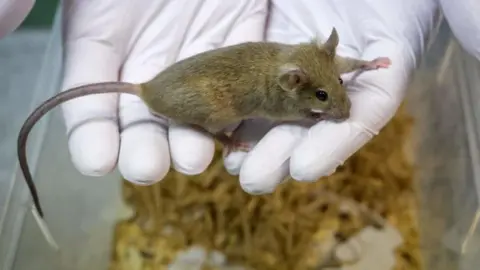 Getty Images
Getty Images
AI may one day mean that animals are not required for medical testing
From animal lovers to laboratory technicians, no-one enjoys subjecting animals to scientific testing.
It is instead done to help ensure that drugs and other substances are safe for eventual human use.
Researchers have long sought non-animal alternatives. Artificial intelligence (AI) systems are now accelerating this work.
One application of AI in this field is simple but said to be proving effective – using it to trawl through all the existing and available global animal testing results to prevent the need for unnecessary new tests.
This is useful because it can be difficult for scientists to sift through decades of data to find and analyse exactly what they are after, says Joseph Manuppello, a senior research analyst at the Physicians Committee of Responsible Medicine, a US non-profit.
“I’m very excited about the application of AI models like ChatGPT to extract and synthesise all of this available data, and getting the most out of it,” he says.
Thomas Hartung is a toxicology professor at Johns Hopkins University in the US, and also the director of the Center for Alternatives to Animal Testing. He says: “AI is as good as a human, or better, at extracting information from scientific papers.”
When it comes to current animal testing, Prof Hartung says that the need to check new chemicals is one of the primary reasons. And with more than 1,000 such new compounds entering the market every year there are a lot to be tested.
Prof Hartung says trained AI systems are beginning to be able to determine a new chemical’s toxicity.
“Having tools available where we can press a button, and we get a preliminary assessment, which is giving us some flags of ‘here’s a problem’… will be enormously helpful.”
Prof Hartung adds that while software systems have long been used in toxicology, AI is providing an “enormous leap forward” in both power and accuracy.
“This is suddenly creating opportunities that were not there before,” he says, adding that AI is now involved in every stage of toxicity testing. AI is even being used to create new drugs in the first place.

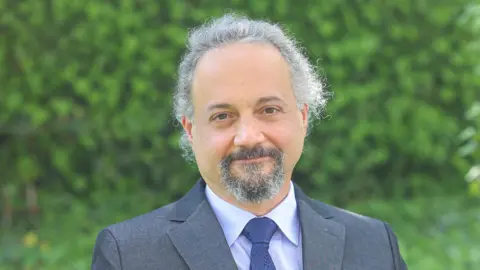 Joseph Manuppello
Joseph Manuppello
Joseph Manuppello says he is "excited" about how well AI can trawl through all the existing data
AI systems aren’t perfect at determining chemical safety of course. One problem is the phenomenon known as data bias.
One example of this is if an AI system and its algorithm have been trained using health data predominantly from one ethnic group.
The risk is that its calculations or conclusions may not be entirely suitable for people from another ethnic background.
But as Prof Hartung points out, testing human drugs on animals can sometimes be of little use.
For example, arthritis medicine Vioxx passed the animal testing stage, only to then go on and ultimately be withdrawn from sale after studies showed that long-term usage by humans led to an increased risk of heart attack and stroke.
On the other hand, some widely used medicines would have failed in animal tests, such as painkiller aspirin, which is toxic to rat embryos.
Prof Hartung concludes that in a number of cases AI is already proving to be more accurate than animal testing.

 Thomas Hartung
Thomas Hartung
Prof Hartung says that AI is providing "an enormous leap forward"
One AI project being built to try to replace the need for future animal testing is called AnimalGAN. Developed by the US Food and Drug Administration, the software aims to be able to accurately determine how rats would react to any given chemical.
The AI was trained using data from 6,442 real rats across 1,317 treatment scenarios.
A similar international project called Virtual Second Species is creating an AI-powered virtual dog, which is being trained using the data from historic dog test results.
Cathy Vickers is head of innovation at the UK’s National Centre for the Replacement, Refinement and Reduction of Animals in Research, which is part of the scheme.
She explains that new medicines are currently first tested both on rats and dogs to check for potential toxicity, before human trials potentially start.
Going forward the major challenge for AI testing is getting regulatory approval. Dr Vickers acknowledges that “full acceptance will take time”.
Yet Emma Grange, the director of science and regulatory affairs at pressure group Cruelty Free International, counters that animal testing should simply be banned, regardless of whether AI-powered alternatives are effective or not.
“At the moment, it is not clear how or if new technologies such as AI could contribute to actually ending testing on animals, rather than just reducing or refining such testing," she says.
“But we do know that the use of animals as models for the protection of human health and the environment is outdated science, and hope that ultimately AI can play a part in a transition away from using animals in any test or experiment.”
However, Kerstin Kleinschmidt-Dorr, chief veterinary officer at German pharmaceutical company Merck, says that animal testing cannot disappear overnight. Her firm is one of the sponsors of Virtual Second Species.
“The use of animals is necessary and for good reasons, mandatory in many aspects,” she says. “But we believe in a future where we will identify better animal testing free solutions to the unsolved problems requiring them today.”

 3 weeks ago
5
3 weeks ago
5
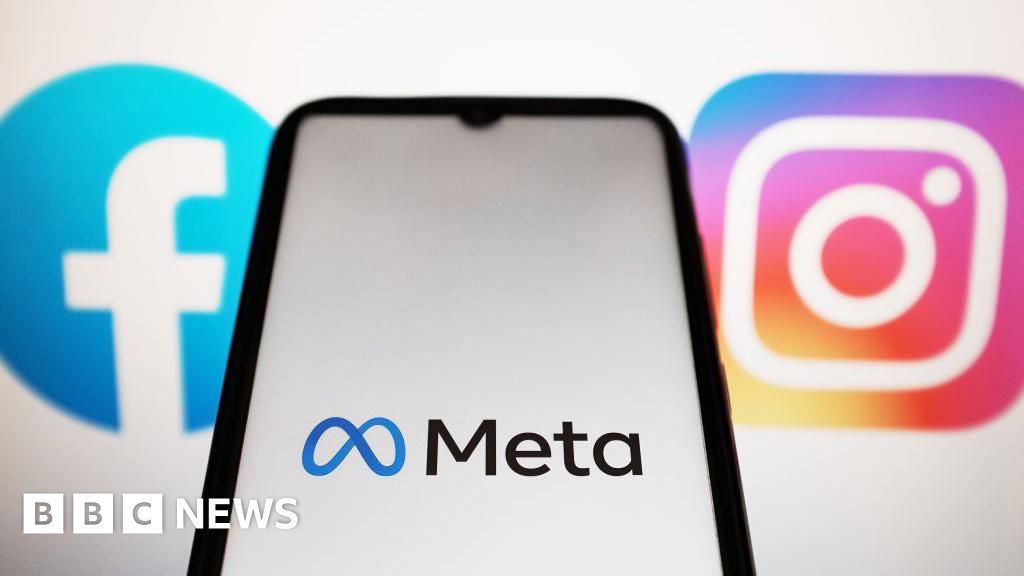
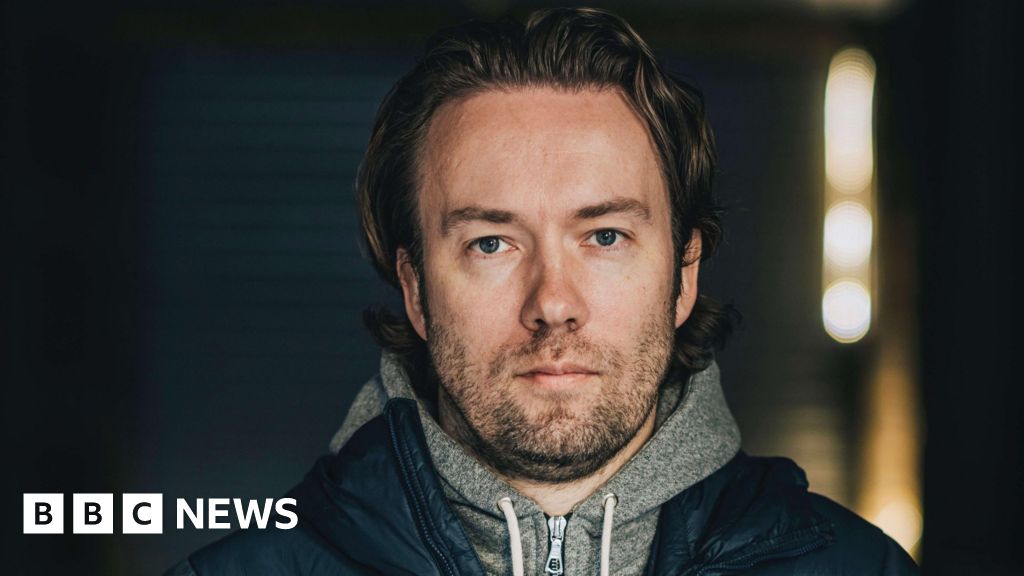
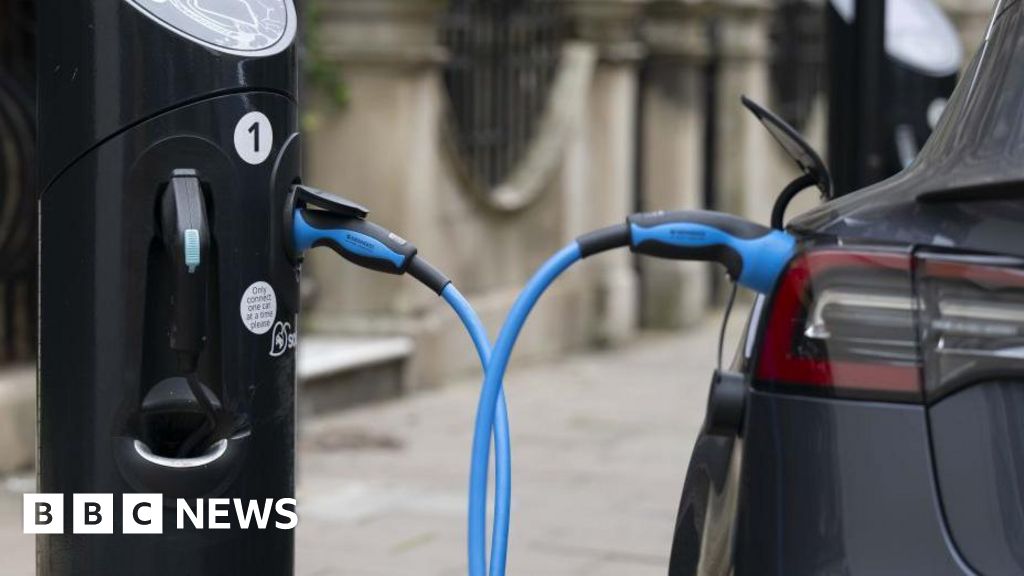

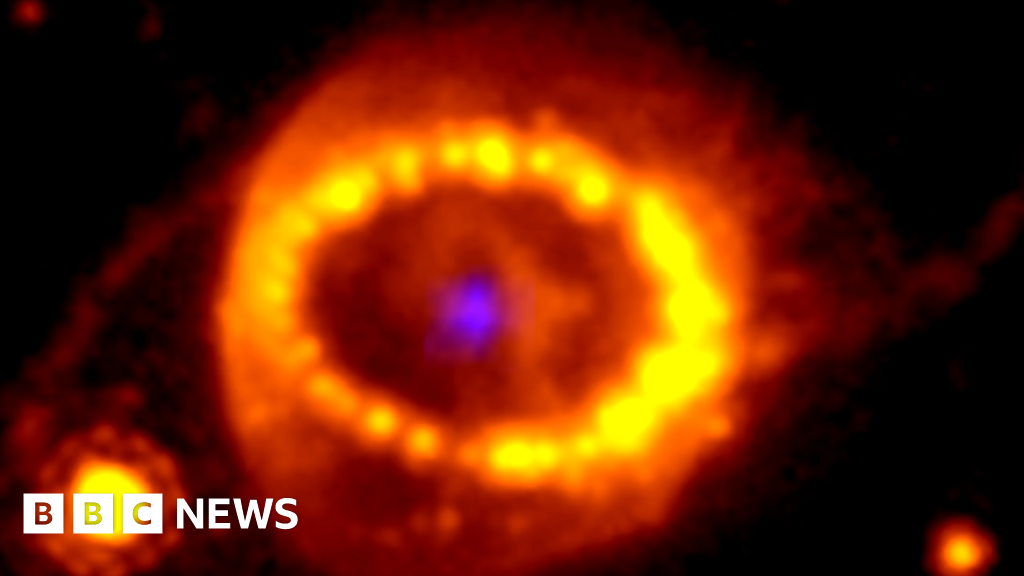


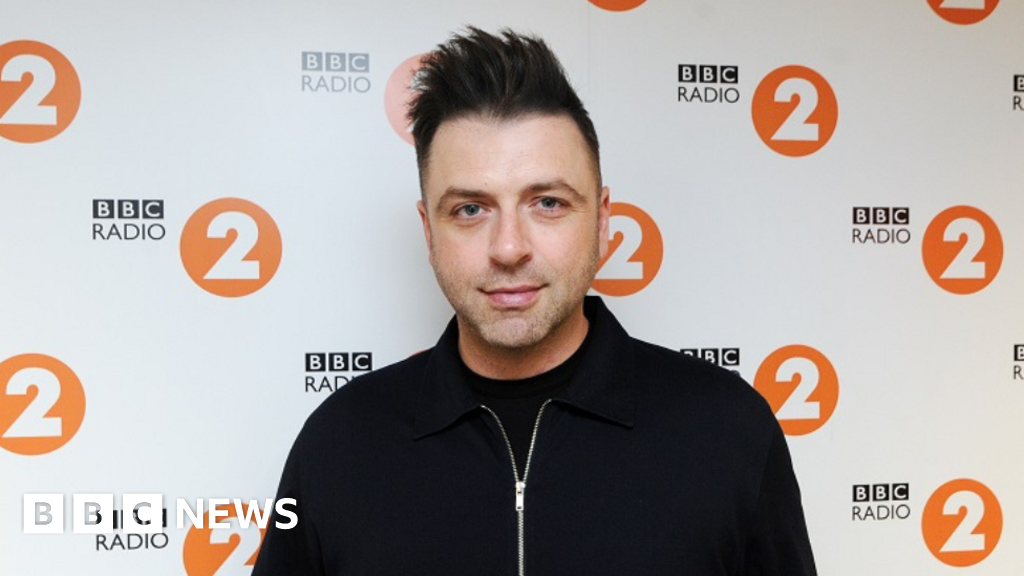
 English (US) ·
English (US) ·